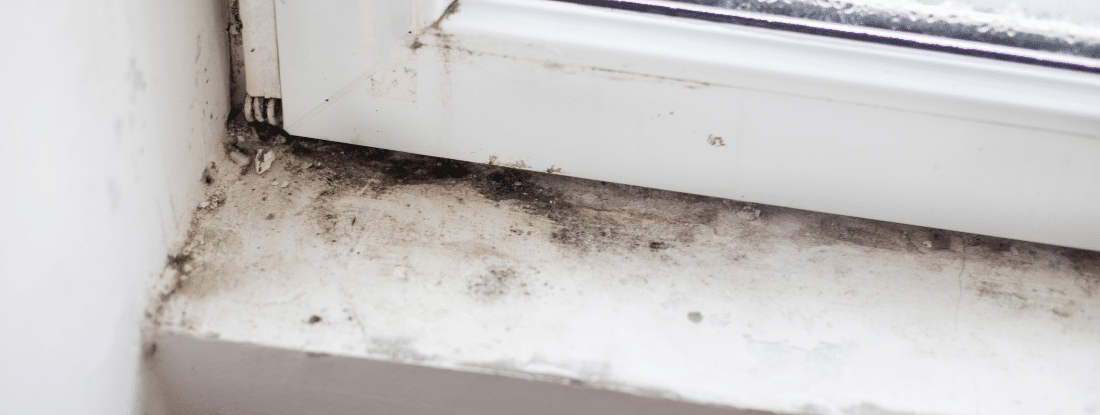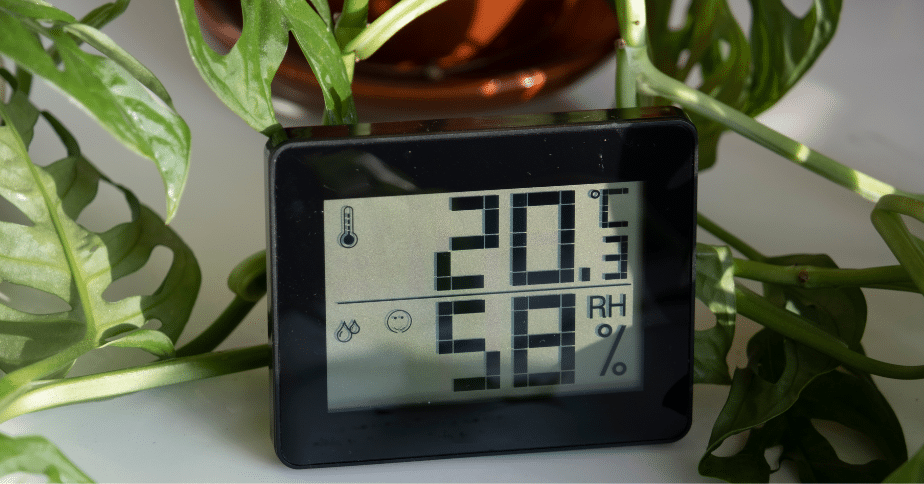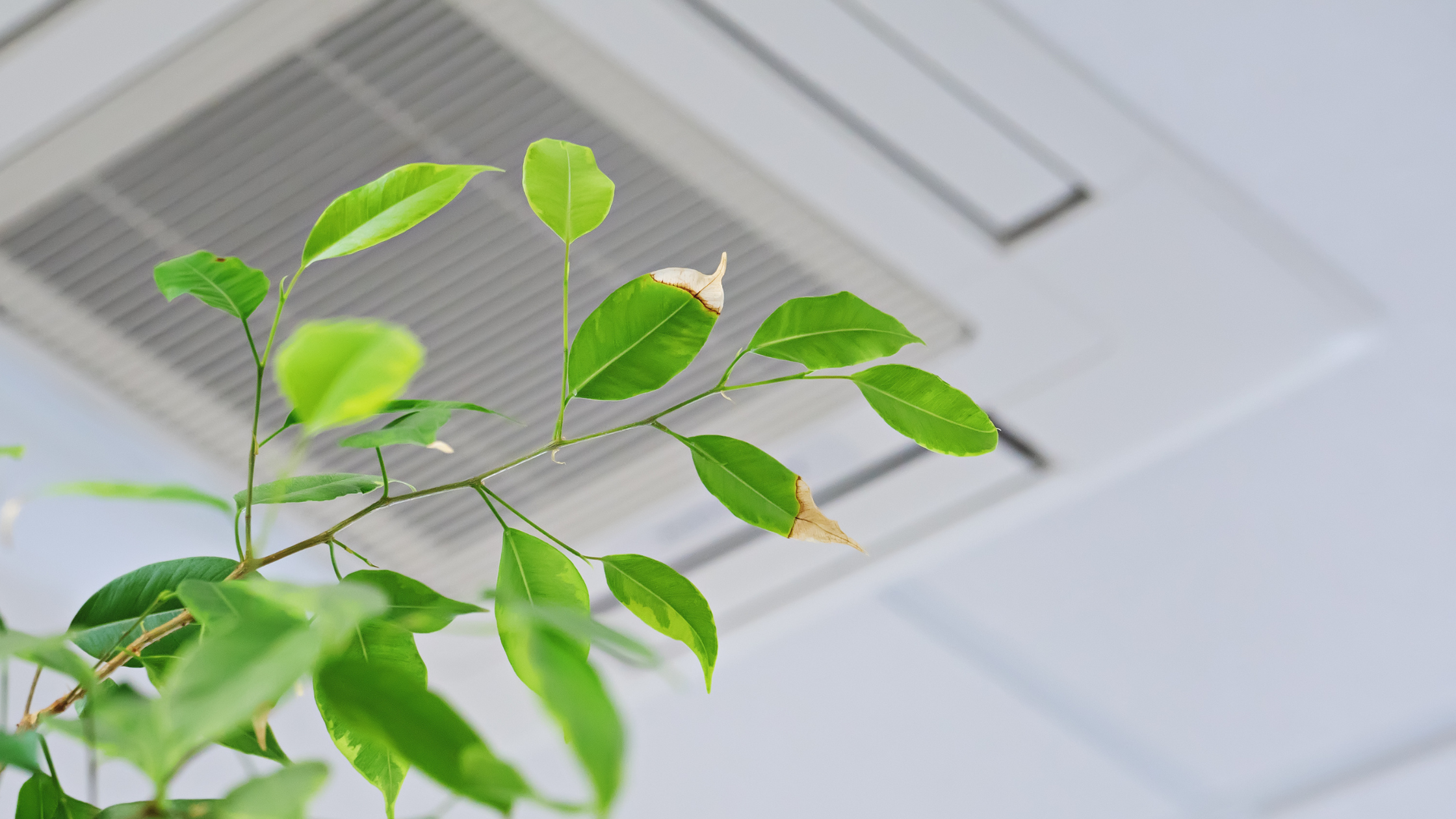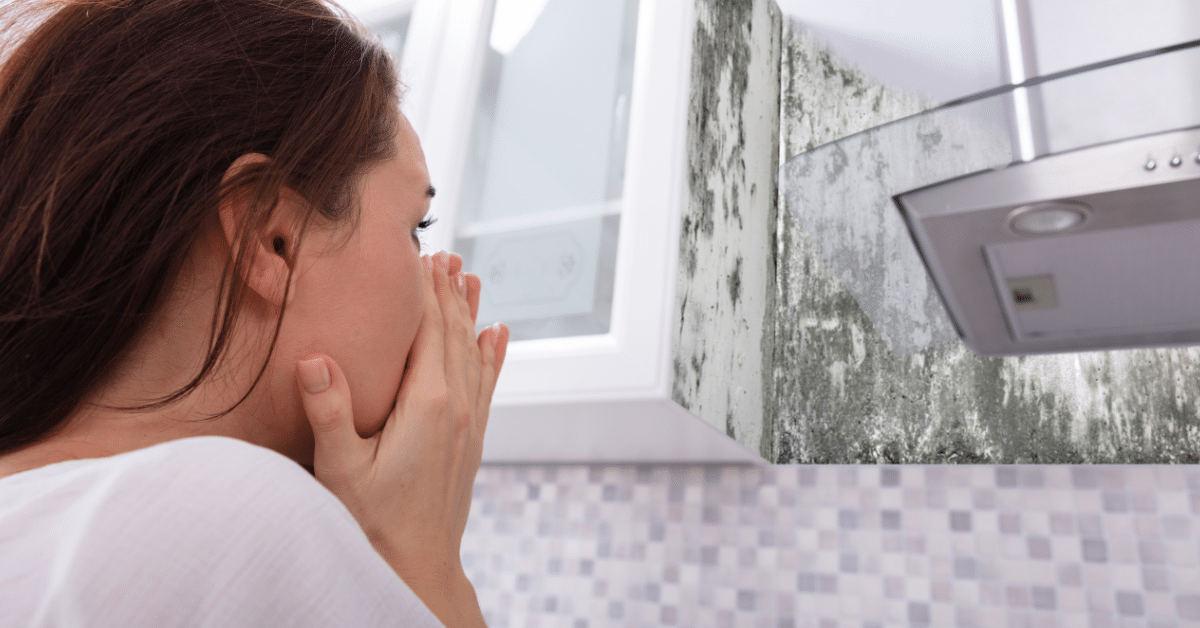Types of Mold and How to Get Rid of Them

Household mold is more common than most people think. Unfortunately, it can leave a lot of damage in its wake, including long-term health problems and damage to your home. As a result, it is important to understand the different types of mold as well as how to get rid of them. *Please note, it is best to contact a professional for mold removal on all levels.
What Are the Different Types of Mold?
Thousands of types of mold exist all over the world, and though each type shares characteristics, they thrive in different environments. The following four types of mold are commonly found in dark, damp, and cool areas, especially in homes.
● Black Mold (Stachybotrys)
True black mold (stachybotrys) is thick, slimy, and often found in your home’s damp wooden structure. It can also be dark green and compromises the structural integrity of your home while eating away at the wood.
● Aspergillus
Aspergillus is a type of mold commonly found in both indoor and outdoor air. Unfortunately, breathing in aspergillus often leads to sinus problems, respiratory infections, coughing, sneezing, and skin problems. Aspergillus can be many colors, but it is typically white and “fuzzy” with small particles that easily become airborne.
● Gray Mold (Ulocladium)
While ulocladium is often gray, it can also be black. Many people confuse stachybotrys with ulocladium because of the color, but black ulocladium is often located in the shower, rather than wood. Additionally, ulocladium is common in wet foods, kitchens, moist basements, etc.
● Pink Mold (Serratia Marcenscense)
Pink mold is a colony of bacteria that usually appears in bathtubs, on shower walls, under leaky sinks, etc. It likes to be near soap and water.
Additional types of mold include brown and green molds that are commonly found in nature, rather than in homes.
Tips for Getting Rid of Mold
Left alone to develop, mold continually reproduces by releasing mold spores into the air. When you ingest the mold spores, it causes countless respiratory problems and can even trigger asthma attacks or allergic reactions.
If you are aware of a mold problem in your home, it’s best to call a professional. When you tamper with mold you run the risk of exposing yourself to mold and dispersing them in the air. If you’re dealing with a small amounts of mold here are a few tips you could try. Again, we do not suggest tackling mold removal on your own without the supervision of a professional.
● Dial Soap
Dial soap is antibacterial (mold=bacteria) which will scrub away suds safety. Vinegar also makes for an effective, non-toxic cleaning solution. If you are looking for a DIY solution, try diluting vinegar and baking soda with hot water and then gently wiping mold off the affected area.
● Sanding
If unable to fully remove the mold from the affected area (particularly in wood), try sanding the material down slightly. If you are cleaning mold out of carpet, you can try sanding it out of the carpet or simply snipping a few carpet fibers.
● Full Professional Removal
If the mold problem has been left unchecked for too long, make sure you hire a professional mold assessor and remediator to remove the threat from your home.
How Can You Avoid Getting Mold?
Of course, the best maintenance is preventative maintenance. Avoid mold growth in your home by taking the following precautions.
- Properly ventilate your home, especially areas prone to dampness.
- Let in plenty of sunshine.
- Periodically check for mold damage in dark, damp corners of your home.
- Invest in an air purifier to avoid ingesting mold spores.
How Can Air Quality Assessors Help?
Mold, dust, and other pollutants lower your indoor air quality and weaken your immune system. If you notice that you have a problem with mold or mildew in your home, it is best to enlist the help of a professional. Contact AQA if you have any questions or concerns about mold in your home or business. With their combination of experience and knowledge, you can be assured that everything will be handled properly.



